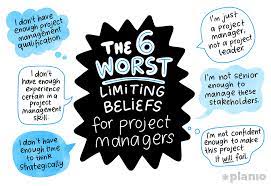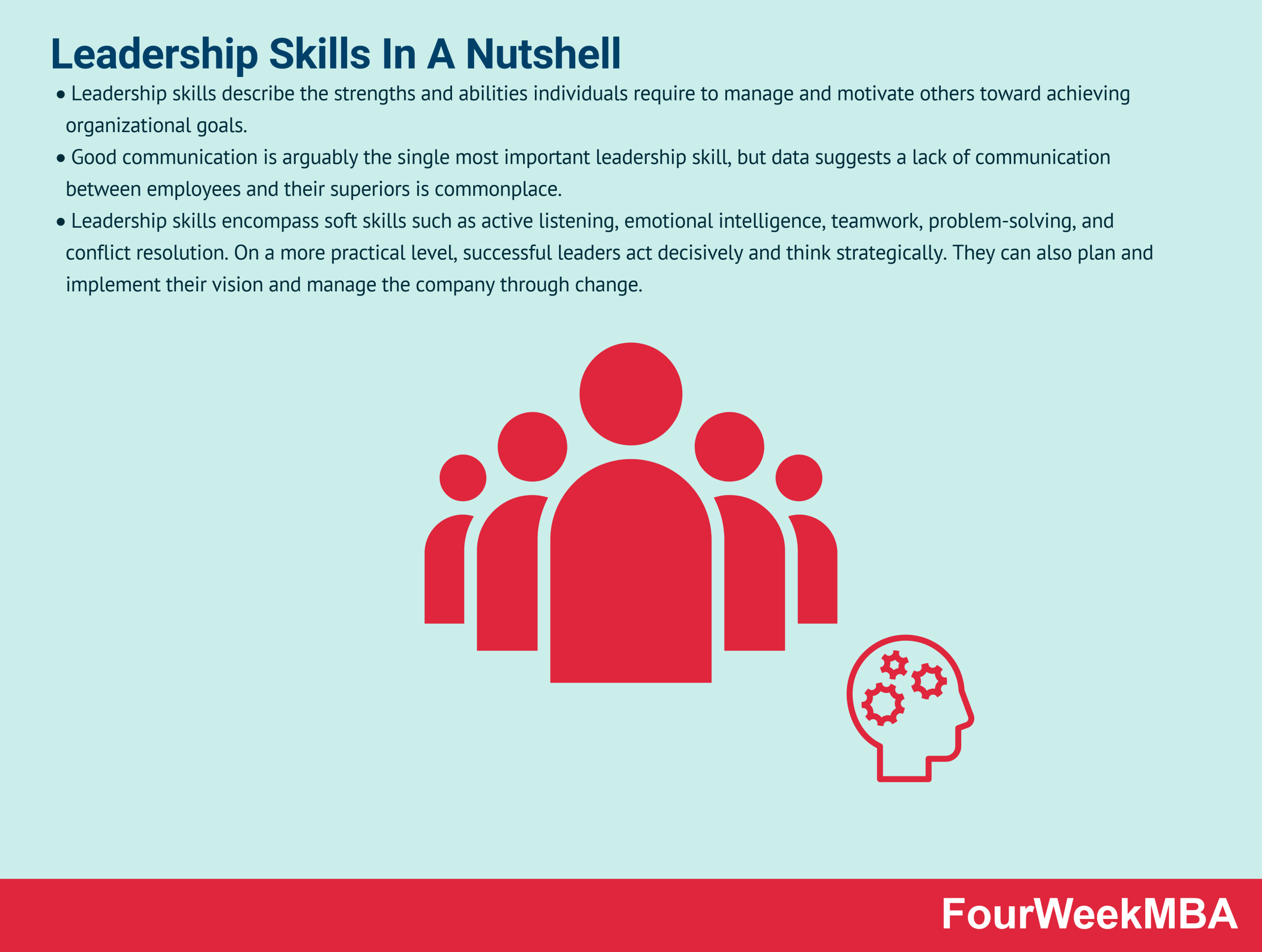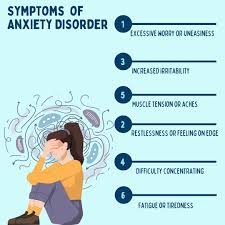The Impact of Limiting Beliefs on Personal Growth
Limiting beliefs are those deeply ingrained thoughts or convictions that hold us back from reaching our full potential. They are the barriers we place in our own minds that prevent us from taking risks, pursuing our dreams, and achieving success.
These beliefs often stem from past experiences, societal conditioning, or negative self-talk. They can manifest in various forms, such as “I’m not good enough,” “I don’t deserve success,” or “I’m not capable of achieving my goals.” These self-imposed limitations create a fixed mindset that hinders personal growth and development.
When we operate from a place of limiting beliefs, we limit our possibilities and confine ourselves to a narrow view of what we can achieve. This restricted mindset can lead to missed opportunities, unfulfilled potential, and a sense of stagnation in both our personal and professional lives.
Overcoming limiting beliefs is essential for personal growth and success. It requires self-awareness, introspection, and a willingness to challenge the validity of these beliefs. By reframing negative thoughts into positive affirmations, setting realistic goals, and taking action despite fear or doubt, we can break free from the constraints of limiting beliefs.
Coaching and therapy are effective tools for addressing limiting beliefs. Through guided sessions with trained professionals, individuals can explore the root causes of their limitations, reframe their thinking patterns, and develop strategies to overcome self-imposed barriers.
It’s important to remember that personal growth is a continuous journey that requires courage, resilience, and an open mind. By identifying and challenging our limiting beliefs, we can unlock our full potential, embrace new opportunities, and create a life filled with purpose and fulfillment.
Breaking Through Barriers: Understanding and Overcoming Limiting Beliefs
- What are limiting beliefs?
- How do limiting beliefs affect personal growth?
- What are common examples of limiting beliefs?
- How can I identify my own limiting beliefs?
- What impact do limiting beliefs have on achieving goals?
- Can limiting beliefs be changed or overcome?
- What strategies can help in overcoming limiting beliefs?
What are limiting beliefs?
Limiting beliefs are deeply ingrained thoughts or convictions that constrain our potential and hinder personal growth. These beliefs often stem from past experiences, societal conditioning, or negative self-perceptions. They manifest as self-imposed barriers that dictate what we can or cannot achieve, such as “I’m not good enough” or “I don’t deserve success.” Limiting beliefs create a fixed mindset that limits our possibilities and restricts us from pursuing our goals with confidence and determination. Overcoming limiting beliefs involves challenging these ingrained notions, reframing negative thoughts into positive affirmations, and taking proactive steps to break free from the constraints of self-imposed limitations.
How do limiting beliefs affect personal growth?
Limiting beliefs have a profound impact on personal growth by creating mental barriers that hinder individuals from reaching their full potential. These self-imposed restrictions often stem from negative experiences, societal conditioning, or fear of failure, leading individuals to doubt their abilities and limit their aspirations. By internalizing beliefs such as “I’m not good enough” or “I don’t deserve success,” individuals subconsciously sabotage their own growth and development. Overcoming limiting beliefs is crucial for personal growth as it requires challenging these ingrained thoughts, reframing them into positive affirmations, and taking proactive steps towards self-improvement. By breaking free from limiting beliefs, individuals can unlock new possibilities, cultivate resilience, and embark on a transformative journey of self-discovery and achievement.
What are common examples of limiting beliefs?
Common examples of limiting beliefs include thoughts such as “I’m not smart enough to succeed,” “I don’t deserve happiness,” “I’ll never be able to achieve my dreams,” “I’m too old to start something new,” and “Success is only for lucky people.” These beliefs create mental barriers that hinder personal growth and prevent individuals from realizing their full potential. By identifying and challenging these limiting beliefs, individuals can break free from self-imposed constraints and open themselves up to a world of possibilities and opportunities for growth and success.
How can I identify my own limiting beliefs?
To identify your own limiting beliefs, it is essential to pay attention to your inner dialogue and thought patterns. Notice recurring negative thoughts or self-doubt that arise in different situations. Reflect on past experiences that may have influenced your beliefs about yourself and your abilities. Consider seeking feedback from trusted friends, family members, or a professional coach to gain external perspectives on any patterns of self-limiting behavior you may exhibit. Journaling can also be a helpful tool to uncover underlying beliefs that may be holding you back. By increasing self-awareness and actively challenging negative beliefs, you can begin the process of identifying and overcoming your limiting beliefs to foster personal growth and success.
What impact do limiting beliefs have on achieving goals?
Limiting beliefs can significantly impede the process of achieving goals by creating mental barriers that undermine confidence, motivation, and resilience. When individuals hold onto beliefs such as “I’m not good enough” or “I’ll never succeed,” they subconsciously sabotage their own efforts and limit their potential for growth. These negative beliefs can lead to self-doubt, fear of failure, and a reluctance to take risks or pursue opportunities. By perpetuating a cycle of self-limitation, individuals may struggle to set ambitious goals, stay committed to their objectives, and overcome challenges along the way. Addressing and overcoming limiting beliefs is crucial in unlocking one’s true potential and paving the way for success in reaching personal and professional goals.
Can limiting beliefs be changed or overcome?
Limiting beliefs can indeed be changed and overcome with self-awareness, determination, and the right support system. By recognizing and acknowledging the presence of limiting beliefs in our lives, we can begin the process of challenging and reframing them. Through practices such as positive affirmations, cognitive restructuring, and seeking guidance from coaches or therapists, individuals can gradually shift their mindset from one of self-doubt to one of empowerment. It requires patience and persistence to unravel deeply ingrained beliefs, but with commitment and a willingness to embrace change, it is possible to break free from the constraints of limiting beliefs and pave the way for personal growth and fulfillment.
What strategies can help in overcoming limiting beliefs?
Overcoming limiting beliefs requires a proactive approach and a willingness to challenge ingrained thought patterns. Several strategies can be effective in this process. First, practicing self-awareness is crucial in identifying and acknowledging the limiting beliefs that hold us back. Once identified, reframing these beliefs into positive affirmations can help shift our mindset towards growth and possibility. Setting realistic goals and taking small steps towards them can build confidence and prove our capabilities to ourselves. Seeking support from coaches, therapists, or trusted individuals can provide guidance and encouragement in breaking free from limiting beliefs. Finally, cultivating a mindset of resilience, perseverance, and self-compassion is essential in navigating setbacks and maintaining progress towards personal growth and success.



